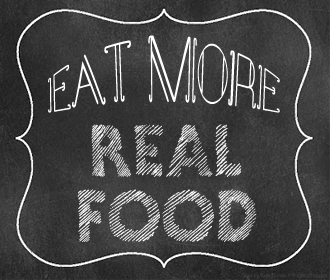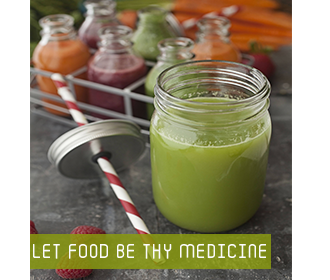We all know what a pain allergies can be. You may have friends that have avoided certain restaurants, such as Thai restaurants because of peanut allergies, or maybe you face altering evening plans to make sure you weren’t eating allergenic foods, such as the increasingly common gluten challenge. But beyond being uncomfortable, how do you implement strategies for eating out to keep you or your child safe?
Whatever your need, Bundles of Energy is here to help! This is why we’ve come up with strategies for five different types of people and how they can cater to their allergies while eating out.
1. For the parent: Kids are exposed to potential allergens at sleepovers, birthday parties, and team sporting events. Whatever the situation, check with other parents/coaches to find out what is being served at the event and try to match the food option for that event. For example, if pizza is being served at a birthday party and your son is allergic to dairy, bring along a dairy-free pizza for him.
A few other ideas are:
- Safe snacks: kids need energy-packed snacks throughout the day. Make sure they always have a few on-hand for recess or unexpected volleyball practices after school
- Make sure they’re carrying an epi-pen if they need one, and that they or a supervising adult know how to use it. Note: This includes teens!
2. For the couple: Whether you are newly dating or enjoying dates as a longtime couple, dealing with allergies can be a little unnerving. You take control in advance and consider restaurants that offer foods you can eat safely or look for alternate activities where you won’t have to worry about the food as much and can focus on the fun instead.
Note:
- For those newly dating, be aware that kissing can spread allergens very fast. While it may seem uncomfortable to make your partner rinse his/her mouth out and brush their teeth, it’s better than coming into contact with a potentially life-threatening allergy. Always ask if they have eaten a potential allergen prior to seeing you.
- Nut and seed allergies are considered the most dangerous for kissing, since residual proteins and oils are often left behind in the mouth after eating.
3. For the teenager at the mall/out to lunch: Many teens try to ignore their allergies or don’t want to be ostracized and teased for having to eat differently (see the social impact). However, in general, teens will have a decent idea of the food options around them (including all of those fast-food chains). Most large chains will have ingredient lists and allergen information that they can look up prior to going out. If all else fails, pack a few healthy snacks and grab a drink while you’re out with friends: you still need to eat.
4. For the traveler: pack snacks for road or boosters for foods that you might find in an airport or roadside store. For example, bringing along a bag of hemp seeds or homemade granola to mix in with plain yogurt that you can buy at the airport. This gives you a high-energy snack that helps to counteract some of the negative effects of convenience foods. Another option is to check out reviews of restaurants etc. online before traveling, and calling ahead about potential allergens. Getting a hotel room with a kitchenette is also helpful for preparing and storing your own food, especially for preparing snacks for the trip home. When visiting foreign countries, allergy cards in different languages can be printed off from online.
5. For the enthusiastic foodie: many restaurants will cater to allergies (most commonly dairy, gluten, and nuts). Always call ahead to inform management of an allergy. A few other guidelines are:
- Don’t make it complex. Find a few dishes with the least potential for containing your allergen and start from there: I’ve had situations where friends have wanted to change five or six things about their dish, leading to them getting a plate full of food they can’t eat (and a very annoyed waiter).
- Call management ahead of time to inquire about accommodations, especially when you’re going at high-traffic times.
- Always be extra polite and kind to wait staff, management, etc. While it is unethical, many restaurants will not take allergies as seriously if a customer is rude and demanding.
- If the waitstaff don’t understand, explain the severity of the allergy, what will happen to you if exposed, etc.
- If a dish arrives with your allergen on it, sabotage the plate. For example, if you need a wheat-free salad and yours is covered in croutons, cover the plate in ketchup or move all the lettuce to one side. While it may be wasteful for the restaurant, you don’t want a situation where they just picked off the croutons and plopped it back down in front of you.
Allergies can be difficult to manoeuvre, but with a little bit of preparation they can be handled safely and effectively.










